Pumpkin seeds, also known as pepitas, have been praised as a nutritional powerhouse. Packed with magnesium, zinc, protein, and healthy fats, these tiny green seeds are linked to heart health, prostate support, better sleep, and even improved mood. In fact, one ounce of pumpkin seeds provides almost half of your daily magnesium requirement—a mineral many Americans are lacking. But while pumpkin seeds can be incredibly beneficial, eating them the wrong way can actually backfire.
Have you ever felt bloated after snacking on pumpkin seeds? Or maybe you bought a prepackaged version loaded with salt and preservatives? Many people assume pumpkin seeds are always healthy, but certain mistakes in how they’re prepared, stored, or consumed can trigger digestive discomfort, nutrient loss, or even harmful reactions over time. In this article, we’ll uncover the eight most common pumpkin seed mistakes people make, why they matter, and how you can avoid them to safely enjoy the full health benefits of this superfood. By the end, you’ll know exactly how to make pumpkin seeds your friend—not your foe.
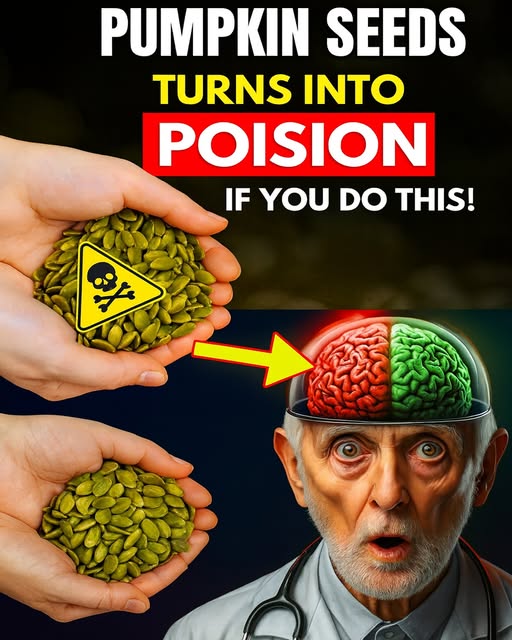
Mistake #1: Eating Pumpkin Seeds in Excess
Pumpkin seeds are nutrient-dense, but more isn’t always better. Overeating them can lead to bloating, stomach cramps, and even weight gain due to their high calorie and fat content.
Tip: Stick to a moderate portion—about 1 ounce (a small handful) daily—to balance nutrition without overloading your digestive system.
Mistake #2: Choosing Salty Packaged Seeds
Many store-bought pumpkin seeds come heavily salted or flavored with artificial seasonings. Excess sodium intake is linked to high blood pressure and water retention, undoing much of the heart-healthy potential of the seeds.
Tip: Buy raw or lightly roasted unsalted seeds. Add your own natural flavorings like cinnamon, chili powder, or a pinch of sea salt.
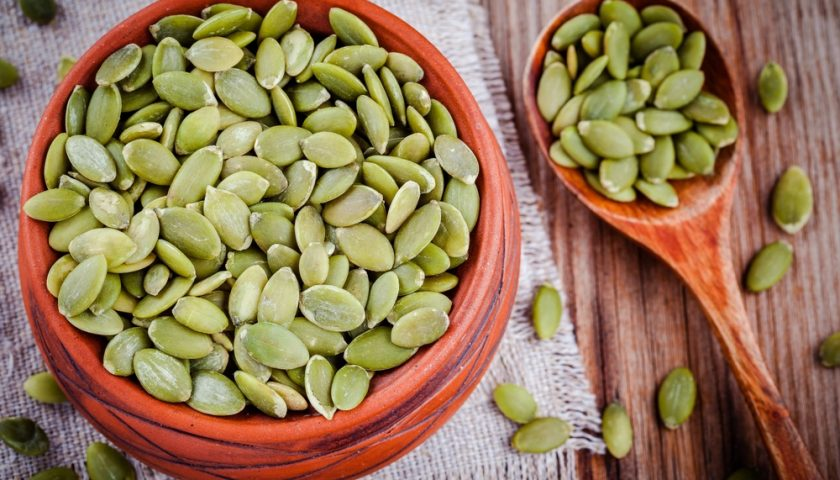
Mistake #3: Eating Raw Pumpkin Seeds Improperly
While raw pumpkin seeds preserve more nutrients, they may be harder to digest and sometimes harbor harmful bacteria if not handled correctly. Improperly stored seeds can also grow mold.
Tip: Lightly roast seeds at low heat (around 300°F for 10–15 minutes) to improve digestibility while maintaining nutrients. Always store in an airtight container.
Mistake #4: Ignoring Portion Timing
Pumpkin seeds are rich in tryptophan, an amino acid that supports sleep. Eating them at the wrong time, especially before important tasks, may cause drowsiness or reduced focus.
Tip: Snack on pumpkin seeds in the evening for better sleep, or pair with a balanced lunch to support steady energy.
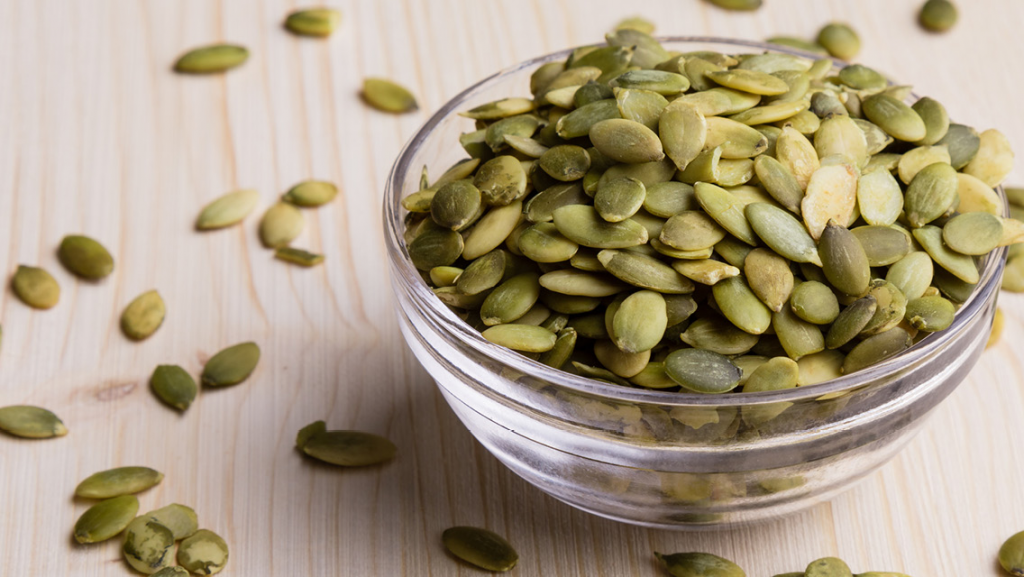
Mistake #5: Forgetting to Chew Thoroughly
Because pumpkin seeds are small and tough, swallowing them quickly can stress your digestive system. Incomplete chewing means your body misses out on absorbing key nutrients like magnesium and zinc.
Tip: Take your time chewing, or grind pumpkin seeds into smoothies, oatmeal, or baked goods for easier digestion.
Mistake #6: Storing Seeds Incorrectly
Pumpkin seeds spoil easily if exposed to light, air, or heat. Rancid oils in spoiled seeds can trigger inflammation and oxidative stress in the body.
Tip: Store seeds in a cool, dark place, preferably in the refrigerator. Use within a few months of opening the package.
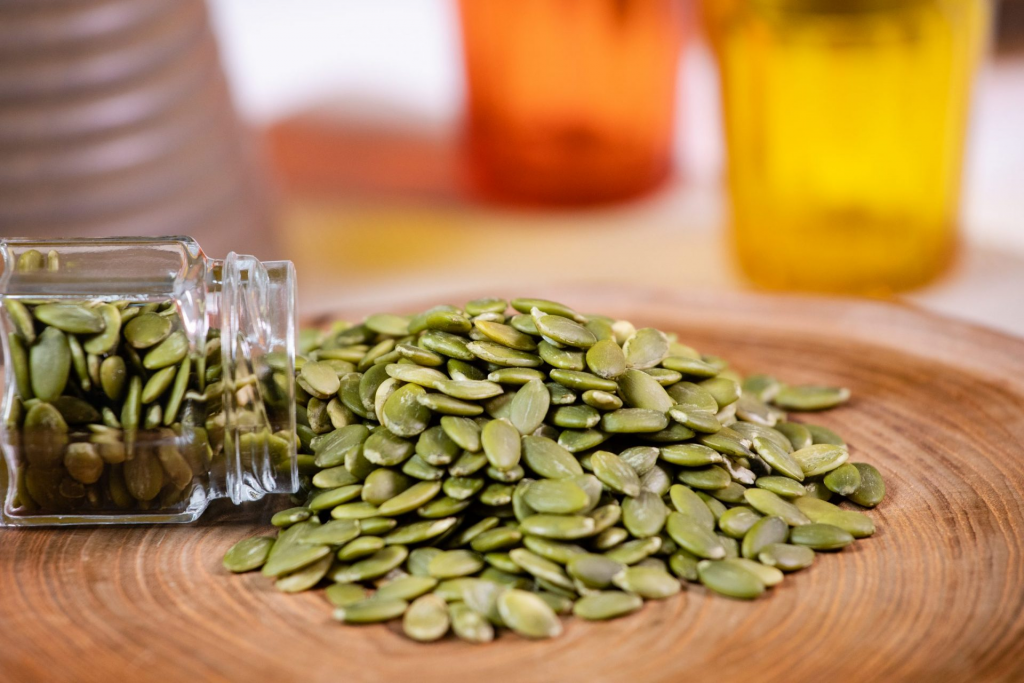
Mistake #7: Ignoring Allergic Reactions
Although rare, some people may experience allergic symptoms such as itching, rash, or difficulty breathing after eating pumpkin seeds. Ignoring these signs can lead to more serious reactions.
Tip: Stop consumption immediately if you suspect an allergy and consult a healthcare provider for evaluation.
Mistake #8: Relying on Seeds Alone for Nutrition
Pumpkin seeds are nutrient-rich but not a complete source of all essential vitamins and minerals. Depending solely on them for nutrition can create imbalances.
Tip: Incorporate pumpkin seeds as part of a diverse diet that includes fruits, vegetables, whole grains, and proteins.
Quick Comparison: Pumpkin Seed Do’s and Don’ts
| Do This | Avoid This |
|---|---|
| Eat 1 ounce daily | Eating half a bag in one sitting |
| Store in airtight container | Leaving seeds open on the shelf |
| Roast lightly at low heat | Burning or over-roasting seeds |
| Choose unsalted, natural seeds | Buying heavily salted packaged |
| Add to salads, smoothies, oats | Eating mindlessly without chewing |
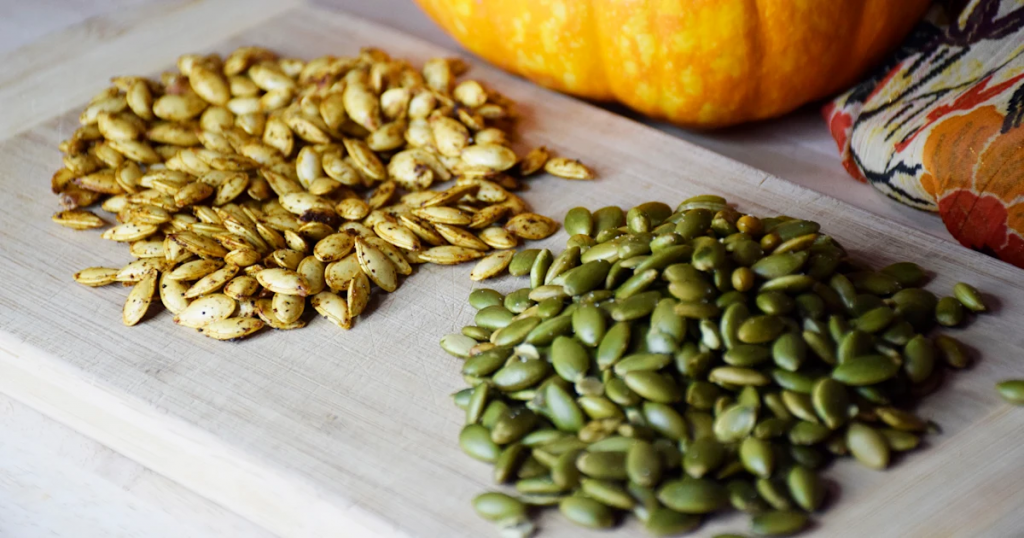
Real-Life Example: A Lesson Learned
Mark, a 37-year-old fitness enthusiast, used to snack on pumpkin seeds by the handful, believing they were a guilt-free superfood. Within weeks, he noticed bloating and unexpected weight gain. After consulting a nutritionist, he realized he was eating nearly 600 calories of seeds daily—without realizing it. By scaling back to a small handful and pairing them with fruit, Mark regained his energy and balance while still enjoying the seeds’ benefits.
How to Safely Enjoy Pumpkin Seeds Every Day
- Measure your portions to avoid overeating.
- Experiment with recipes: sprinkle on salads, blend into pesto, or mix into homemade granola.
- Rotate with other nuts and seeds to balance nutrient intake.
- Stay hydrated to help digest their high fiber content.
- Monitor your body’s response and adjust accordingly.
Conclusion
Pumpkin seeds deserve their reputation as a nutrient-rich superfood, but only when eaten wisely. Overeating, poor storage, or relying solely on seeds for nutrition can lead to unintended consequences. By avoiding these eight common mistakes, you can maximize their benefits—supporting heart health, digestion, sleep, and more—while minimizing risks.
Frequently Asked Questions (FAQ)
Can pumpkin seeds cause weight gain?
Yes, if eaten in excess due to their high calorie content. Moderation is key.
Do pumpkin seeds help you sleep?
Yes, thanks to tryptophan, but timing your intake matters.
Are roasted pumpkin seeds healthy?
Light roasting is fine, but avoid heavily salted or burnt seeds.
Disclaimer: This article is for informational purposes only and does not replace professional medical advice, diagnosis, or treatment. Always consult a healthcare provider before making dietary changes.




